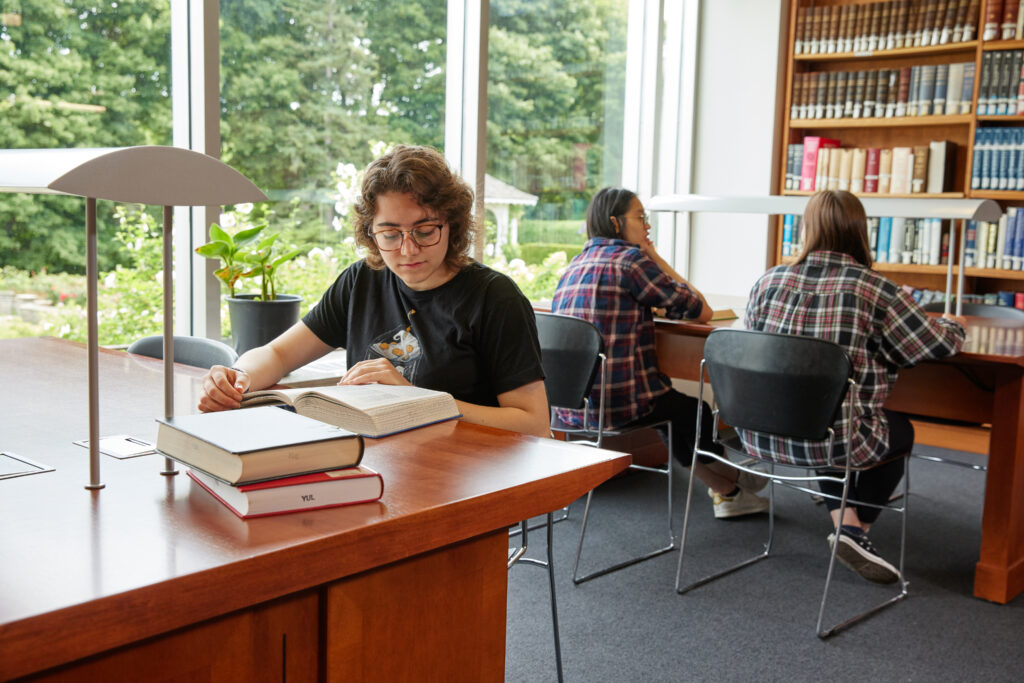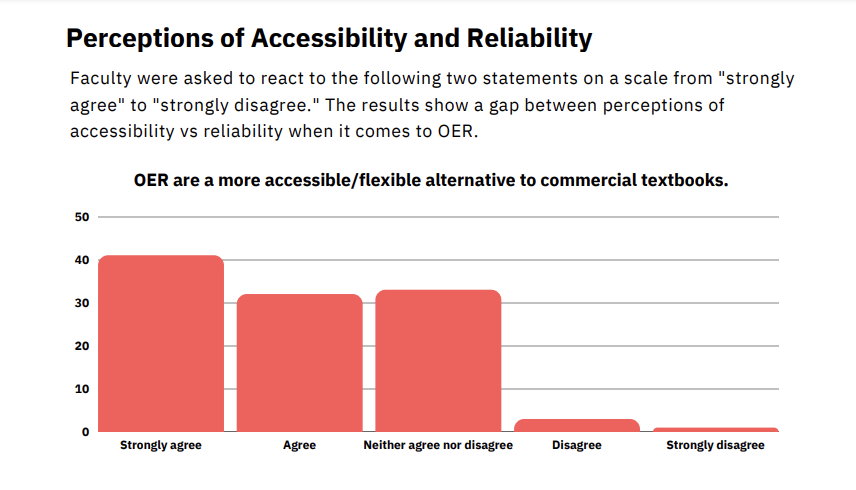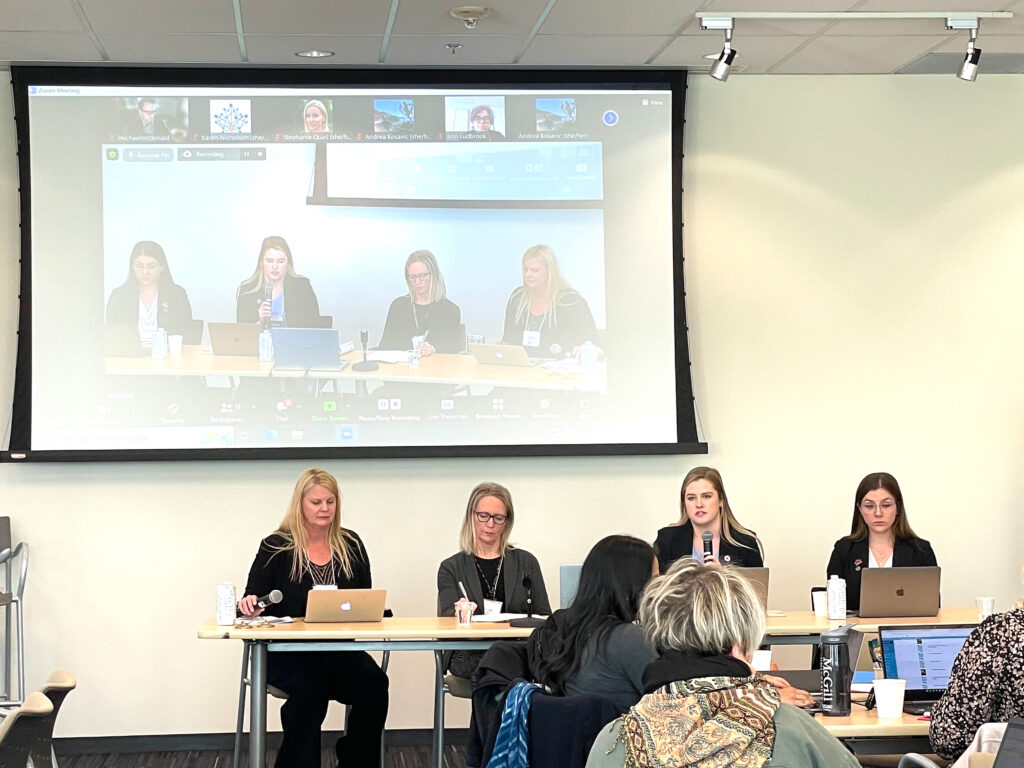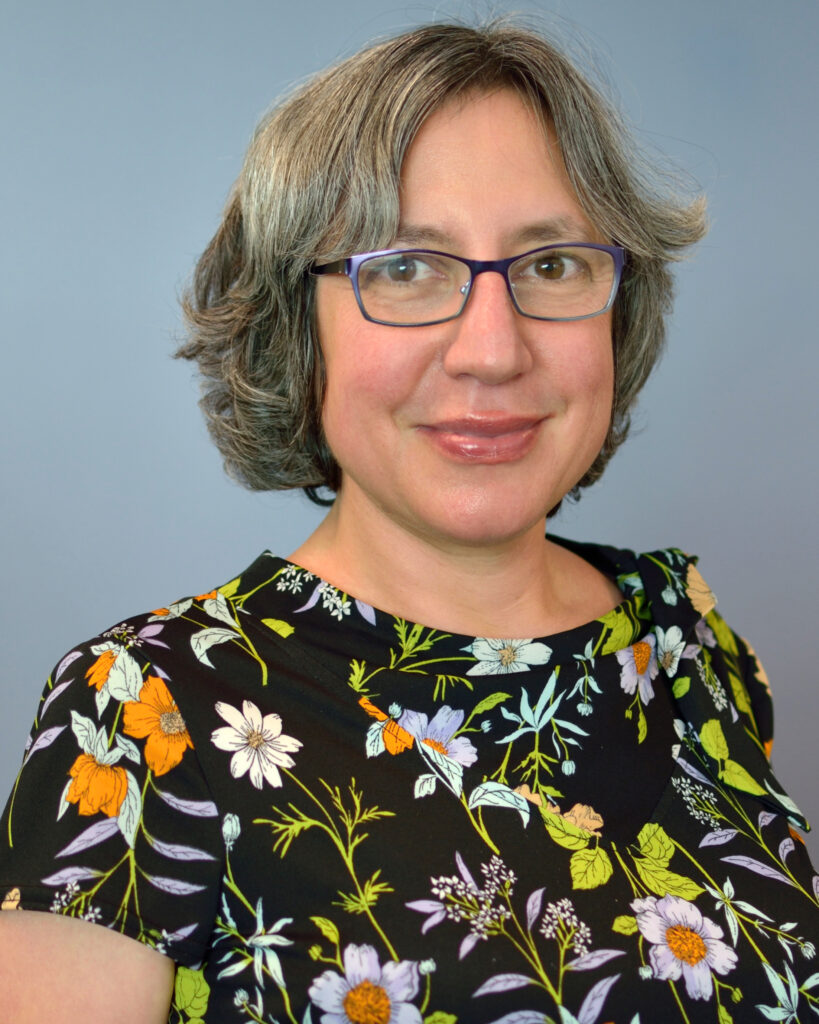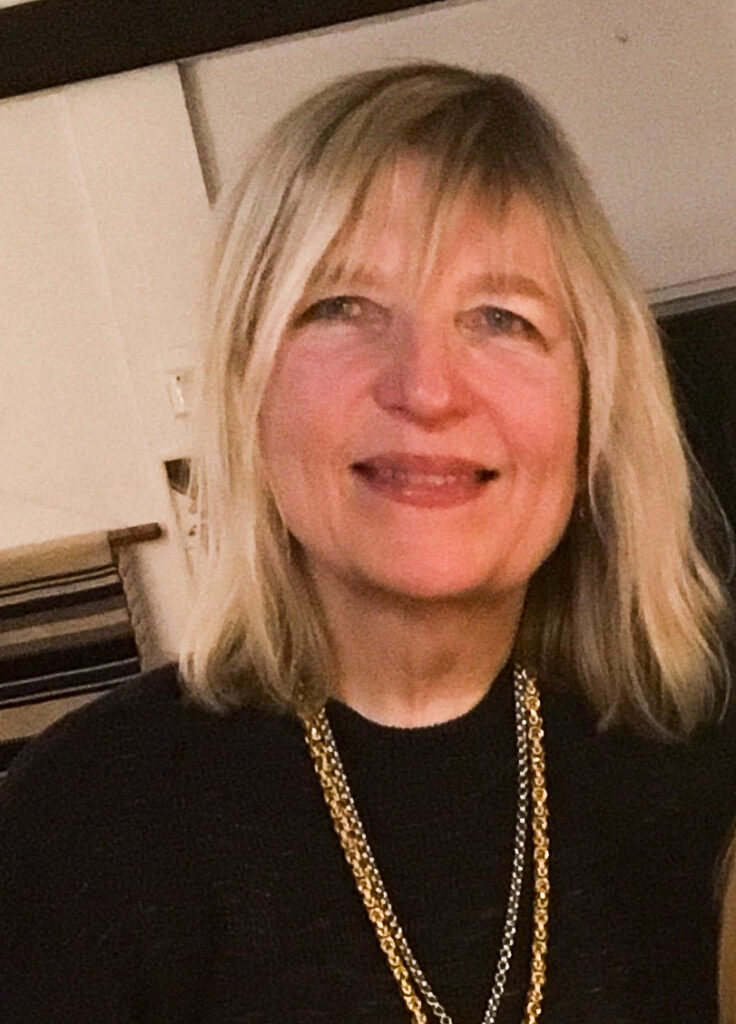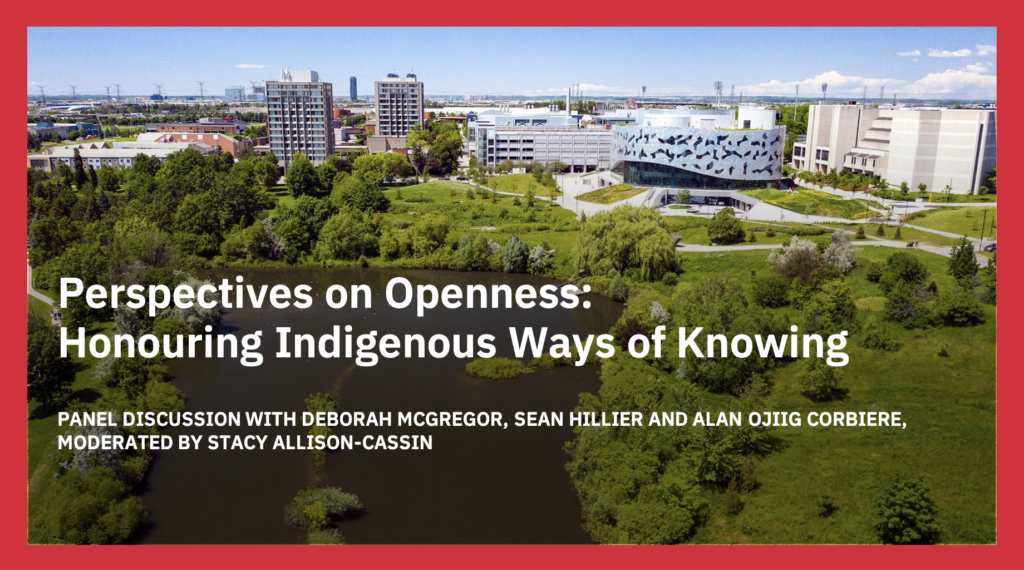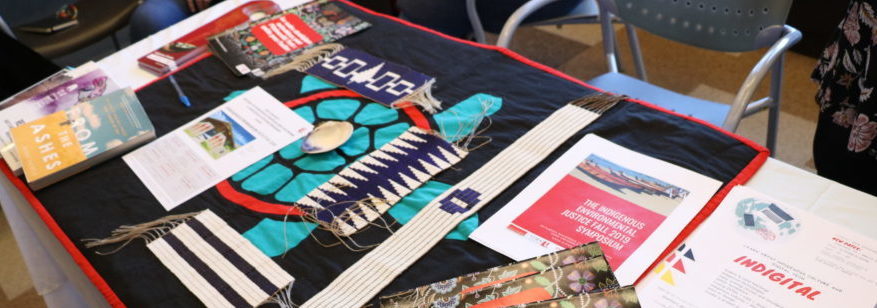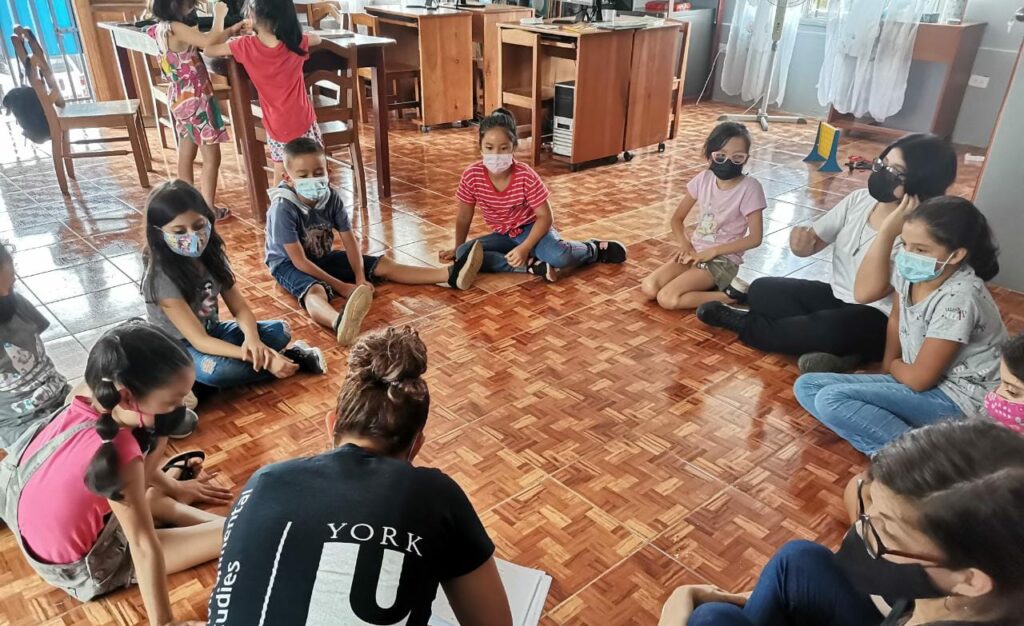Quality Education
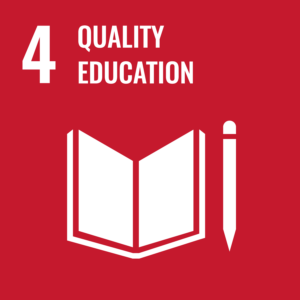
Ensure inclusive and equitable quality education and promote lifelong learning opportunities for all.
Education liberates the intellect, unlocks the imagination and is fundamental for self-respect. It is the key to prosperity and opens a world of opportunities, making it possible for each of us to contribute to a progressive, healthy society. Goal 4 is about ensuring access for all along all educational levels and ensuring relevant skills for sustainable development and financial success.
Stories
Leading the Way to Quality Education
York University Libraries uniquely partners with faculty in teaching wide-ranging critical information literacy and digital fluency skills to ensure students are successful in their academics and are career ready in an ever changing world. Embedded in curricula, our librarians teach students to critically discover and evaluate information sources, develop research skills and data fluencies with opportunities to think through a range of ways to mobilize, enhance or engage in visual knowledge creation in the digital age. This work extends to the many ways we disseminate curricular materials to the greater global community through our leadership in Open Education Resource development.
York University Libraries develops survey that finds 50 percent of York instructor respondents are creating their own open educational resources
Launch of first faculty survey on Open Education Resources
The Open Education Steering Committee (co-created by YUL) is a campus-wide committee that has been created to engage in broad stakeholder campus discussions on open education, open educational resources, open educational practices, and open pedagogy.
In 2022, the working groups of the Open Education Steering Committee (OESC), (Communications, Guidelines and Policy Working Group), launched a survey to inform the OESC's development of programs and resources to support faculty with OER implementation.
The broad adoption of OER would support reducing financial barriers for students, while improving the overall academic experience. The survey was also designed to inform pathways to advance innovative open education supports and teaching practices, including an inventory of campus activities in this space as well as professional development opportunities. Results from the survey showed that 68 per cent of respondents (from a total of 121 respondents) reported using OER in their classes and faculty were much more likely to select Google and YouTube as paths to find OER. Despite the high adoption numbers among respondents, there was a lack of awareness around best practices for searching for and finding OER. Nearly all respondents indicated they would find OER through Google and YouTube searches, despite the existence of curated OER repositories like eCampus Ontario’s Open Library, and OER Commons.
30 percent of respondents were creating OER aligned with SDGs.
—OER Survey Report
Leading Expertise on Open Education and Open Access
YUL at the 2022 National Open Educational Resources Summit on Infrastructure and Policy
In November 2022, York U Libraries helped lead The National Open Educational Resources (OER) Summit on Infrastructure and Policy 2022. The Summit was organized by the Canadian Association of Research Libraries’ Open Education Working Group (CARL OEWG) and brought together key open education advocates from across Canada at York University. The two-day working session focused on developing advocacy strategies for OER infrastructure at the federal level. Participants included representatives from key stakeholder groups across the country such as Universities Canada, Colleges and Institutes Canada, CARL, Campus Books Canada, Canadian Federation of Students, Student Union Etudiante, eCampusOntario and BCCampus. Currently, the CARL OEWG is facilitating follow-up conversations with summit attendees to support ongoing action in the advocacy arena. YUL’s leadership are supporting various groups in refining federal advocacy strategies and ultimately, implementing them with other national partners.
2021 Panel Event “Perspectives on Openness: Honouring Indigenous Ways of Knowing” on Oct. 20
FOR ACADEMIC LIBRARIES, the path to reconciliation with Indigenous communities and research and scholarship are interconnected with Indigenous research and scholarship and our programs and services offered by the libraries. In 2021 at a panel event, Indigenous Ways of Knowing, several York University librarians, archivists and library staff explored how libraries should consider the ownership, control, access and possession of Indigenous information and data during a professional development series. Project leads Norda Bell, an associate librarian, and Rosa Orlandini, a data services librarian, challenged participants to reflect on their responsibilities in creating respectful relationships with Indigenous communities individually and collectively.
York University Libraries created and launched an Indigenous Action Plan and formed a working group with representation across all library departments to address gaps that exist in reaching and supporting Indigenous students and scholars.
The plan identifies and seeks to address systemic issues within the library structures that marginalize Indigenous Ways of Knowing. The plan aligns with the University’s Indigenous Framework, supports the York University Libraries Strategic Plan and guides York University Libraries in addressing the needs of the Indigenous community while putting in place reciprocal supports to build our awareness of Indigenous Ways of Knowing.
From March 9 to 13, 2020, YUL hosted the Shades of our Sisters exhibit, which challenged visitors to understand the breadth and depth of the loss of Indigenous women, girls, Trans and Two-Spirited Peoples in Canada.
Part of York University's Las Nubes Project, YUL's La Casita Azul library is an education and learning resource centre that supports York’s increasing socio-environmental research, education and community outreach within Costa Rica. Situated in the midst of the local communities in Costa Rica, La Casita Azul supports and enhances York’s Eco-Campus in Costa Rica while playing an important role in research intensification, knowledge mobilization, community engagement, citizen science, research dissemination, engagement and outreach while offering access to the online and print resources and educational programs.
- La Casita Azul partners with local primary schools providing direct support of literacy programs, computer literacy, and environmental education, and has hosted six in-class visits and outings discussing literacy in addition to providing weekly access to technology, curriculum, and leisure resources.
- Through the La Casita Azul project, activities focused on environmental education and sustainability are offered throughout the year that provide preschool-age children with an awareness and appreciation of the local eco-system.
- Throughout the year La Casita Azul offers workshops and courses to local community members, including youth and adults, to supplement and support their academic skills, holding weekly English conversation classes for children under 15 years old.
- La Casita Azul has run multiple workshops and courses for community members with the goal of developing foundational literacy skills.
- Several educational materials have been developed by students participating in York's Las Nubes project in support of environmental education and education for sustainable development in Southern Costa Rica. Some of these have been implemented by local schools or have been used by community members and La Casita Azul has demonstrably enhanced the mobilization of these researcher projects.
- La Casita Azul has made available information about starting small businesses (booklet), as well as environmental education for kindergarten kids (lesson plans and manipulatives).
Facts
YUL librarians created a training program to give faculty the tools to make their educational resources open access.
YUL librarians have created a community in their open access repository for Open Educational Resources (OER). York University Faculty have shared open course materials (OER) on eCampus Ontario.
YUL librarians have created and shared multiple open educational resources. One example is the H5P studio at eCampus Ontario:
- https://h5pstudio.ecampusontario.ca/?key=&h5ptype=&field_tags_target_id=&author=quail
- https://h5pstudio.ecampusontario.ca/?key=&h5ptype=&field_tags_target_id=&author=coysh
YUL hosts a Pressbooks instance where we are making available open scholarship and OER. Recent items include:
- https://pressbooks.library.yorku.ca/semesterabroadstudentmanual/
- https://pressbooks.library.yorku.ca/dhssinstructorsguide/
- https://pressbooks.library.yorku.ca/soulmusicodyssey/
- https://pressbooks.library.yorku.ca/scalar/
YUL's Mastering Zotero Series available open access:
- https://h5pstudio.ecampusontario.ca/content/6672
- https://h5pstudio.ecampusontario.ca/content/6448
- https://h5pstudio.ecampusontario.ca/content/6720
- https://h5pstudio.ecampusontario.ca/content/6563
- https://h5pstudio.ecampusontario.ca/content/6581
- https://h5pstudio.ecampusontario.ca/content/6625
YUL has provide 48 asynchronous instructional videos that are available open access and can be used as educational resources in multidisciplinary contexts.
Important Links
- Open Education at York
- YFile: Libraries hosts panel discussion on ‘Honouring Indigenous Ways of Knowing’
- YFile: ‘Shades of Our Sisters’ exhibit comes to the Keele Campus
- York University Libraries: La Casita Azul
- Open Education Training Program for AIF recipients
- Academic Innovation Fund (AIF) Projects
- https://search.ecampusontario.ca/?itemTypes=1&itemTypes=2&itemTypes=3&sourceWebsiteTypes=2&institutions=430&sortCol=2
- https://h5pstudio.ecampusontario.ca/?key=&h5ptype=&field_tags_target_id=&author=quail
- https://h5pstudio.ecampusontario.ca/?key=&h5ptype=&field_tags_target_id=&author=coysh
- https://pressbooks.library.yorku.ca/semesterabroadstudentmanual/
- https://pressbooks.library.yorku.ca/dhssinstructorsguide/
- https://pressbooks.library.yorku.ca/soulmusicodyssey/
- https://pressbooks.library.yorku.ca/scalar/
- https://h5pstudio.ecampusontario.ca/content/6672
- https://h5pstudio.ecampusontario.ca/content/6448
- https://h5pstudio.ecampusontario.ca/content/6720
- https://h5pstudio.ecampusontario.ca/content/6563
- https://h5pstudio.ecampusontario.ca/content/6581
- https://h5pstudio.ecampusontario.ca/content/6625
- YouTube: Teaching & Learning at York U. Libraries

